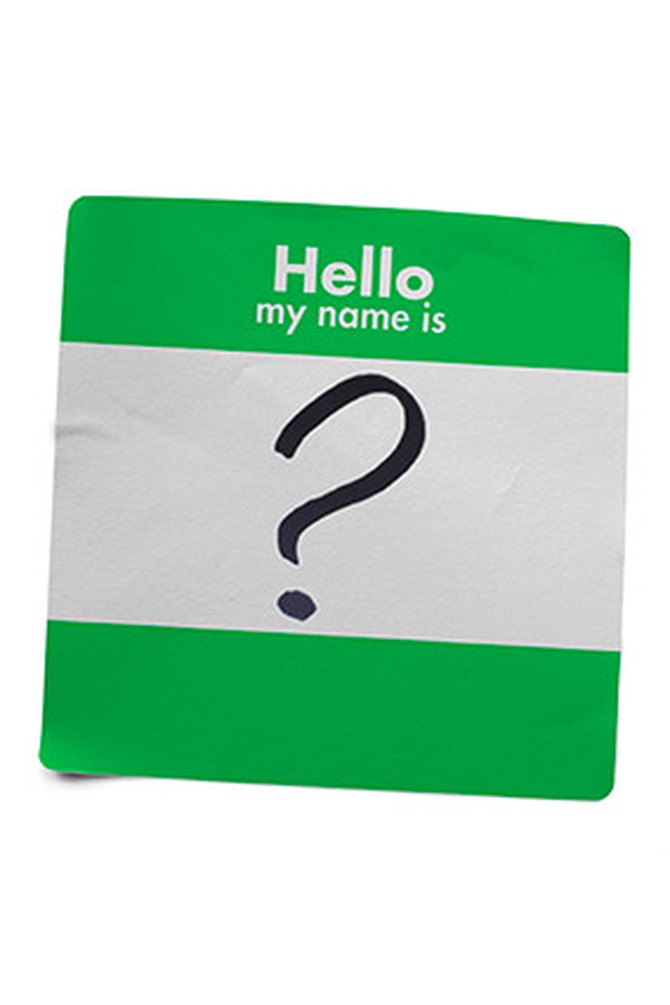Out-of-the-Box Ways to Make Money
Some of your favorite things to do on your day off—yes, even watching TV or taking photos on a hike—could make your wallet a little bit fuller.

Photos: Thinkstock
Step into Your Guilty-Pleasure TV Show or Book
If you've ever gotten lost in a 40-minute rant about the plot twist that should've happened, Amazon's new Kindle Worlds was made for you. The company has formed partnerships with several popular franchises—including the The Vampire Diaries, Gossip Girl and The Foreworld Saga, with more on the way—and lets users submit fan-fiction stories based on those titles. For every copy of your story sold on Amazon, you get a 20 to 35 percent royalty, depending on the length of the piece (it can be as short as 5,000 words).
Just as important as your story, though, is the cover. Barbara Freethy, co-author of one of Kindle Worlds' best-sellers, Hush Little Baby, a Pretty Little Liars novella, says many people decide to buy based on that thumbnail image (so the cover design should be clean and simple). She chose a title that mirrored the tongue-and-cheek style of the episode names—which helps pique die-hard fans' interest—and selected a simple stock-art image that fit the mood of the plot.
Just as important as your story, though, is the cover. Barbara Freethy, co-author of one of Kindle Worlds' best-sellers, Hush Little Baby, a Pretty Little Liars novella, says many people decide to buy based on that thumbnail image (so the cover design should be clean and simple). She chose a title that mirrored the tongue-and-cheek style of the episode names—which helps pique die-hard fans' interest—and selected a simple stock-art image that fit the mood of the plot.

Photos: Thinkstock
Take Your Snickerdoodles Public
In many states, your home-baked treats can be turned into a sweet profit—without your having to invest in a commercial kitchen. Cottage food laws allow you to bake and package goods right in your home, provided that you meet your state's requirements (see California's laws, for example). You typically need to register your business with the state and label your products so people know they come from a home kitchen. Some areas, like California, require you to complete a training course and apply for a local permit. Search "cottage food laws" and your state to learn what the rules are in your area, and what foods are off-limits (cream-based desserts or other treats that can spoil easily, for instance).

Photos: Thinkstock
Test Drive a Shiny New...Website?
Before a site officially launches, some companies will hire average joes to click around to make sure all the links work and offer honest feedback. "It usually pays about $10 for 20 minutes' worth of work," says Kyle Taylor, founder of The Penny Hoarder, a blog that tests odd jobs and alternative ways to make money. "Sometimes, instead of a written report, they'll just want you to visit the site and record your natural reaction using a webcam." It can be hard to find these sites on your own, so Taylor recommends signing up to be a website evaluator at UserTesting.com or UserFeel.com.

Photos: Thinkstock
Launch Your Own Fashion Line (Even If You Can't Sew)
Okay, so you may not have the chops for the next season of Project Runway, but that doesn't mean your future as a multihyphenate clothing-accessories-home-décor designer is doomed. Zazzle and CafePress allow users to submit graphics and slogans and have them printed on just about anything, from tees and flip-flops to iPhone cases and stationery. You can sell the products directly on the sites, and items are made as they're sold, so you don't have to worry about inventorying or shipping.
"The best sellers really pay attention to trends and what's going on in the world around them," says Nizzi Renaud, vice president of marketing and merchandising at Zazzle, who cited the growing popularity of "hipster bunny," a design that capitalizes on two internet favorites: fuzzy animals and, well, hipster culture. "Pay attention to what patterns are trending, like chevron prints; what people are pinning on Pinterest, and what your favorite bloggers are talking about. That could inspire the next big design."

Photos: Thinkstock
Play the Name Game
This option is perfect for anyone who has ideas galore and a knack for word play: Startups in need of a domain or company name post requests for help coming up with a name for a brand or product on NamingForce.com and SquadHelp.com. You can submit as many ideas as you'd like, and the winning entry can net anywhere from $100 to $500, says Taylor of The Penny Hoarder.

Photos: Thinkstock
Welcome a Little Extra Company
You've heard of Airbnb? The website that launched in 2008 lets people rent out their house, spare bedroom or even the living room sofa to travelers for a few nights, taking 3 percent from every completed booking. (They also protect hosts with a $1 million property damage guarantee.)
But did you know you can also rent out your parking space using Airbnb or ParkatmyHouse? Both services offer free listings and are popular in areas near stadiums, concert halls and airports.
But did you know you can also rent out your parking space using Airbnb or ParkatmyHouse? Both services offer free listings and are popular in areas near stadiums, concert halls and airports.

Photos: Thinkstock
Play Photojournalist
Those scenic photos you took of your hike at the Grand Canyon can live beyond your "Vacation, All I Ever Wanted" Facebook album. Some sites, such as Shutterstock and iStockphoto, accept amateur shots and will pay you every time one of your images is downloaded. At Shutterstock, that's anywhere from 25 cents to $120, and at iStockphoto, it's 15 percent of the selling price—though that number can climb to 45 percent if you meet their requirements to become an exclusive member.
Both companies offer a guide to shooting images they're more likely to accept, and by extension, are more likely to be downloaded. Shutterstock lists lighting, composition and focus as three top reasons a photo is rejected, and encourages contributors to use a tripod and avoid cropping photos too closely—most people buying the images want the flexibility to determine how the photo is framed.
Next: Find $285 under the couch
Both companies offer a guide to shooting images they're more likely to accept, and by extension, are more likely to be downloaded. Shutterstock lists lighting, composition and focus as three top reasons a photo is rejected, and encourages contributors to use a tripod and avoid cropping photos too closely—most people buying the images want the flexibility to determine how the photo is framed.
Next: Find $285 under the couch
Published 08/14/2013

